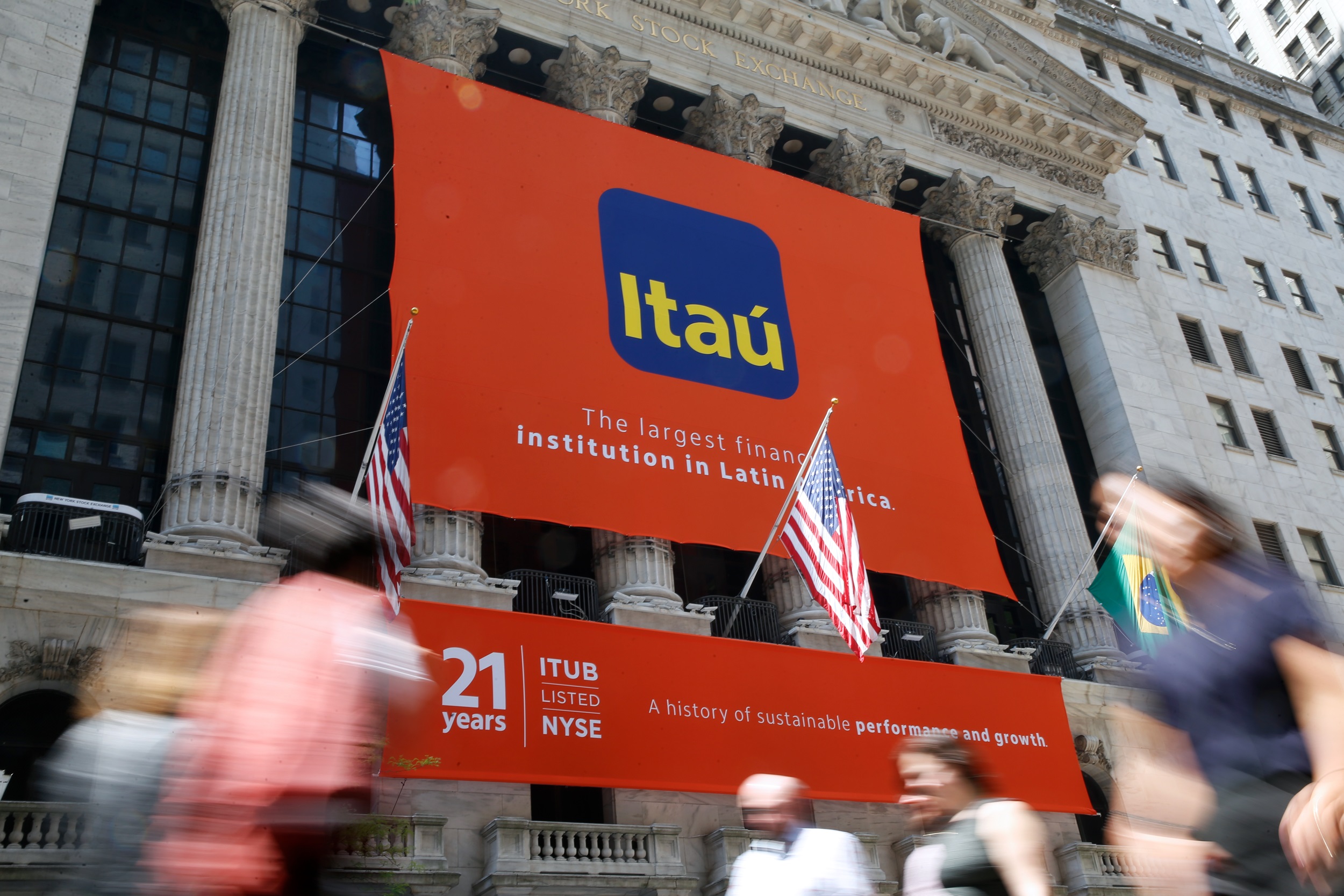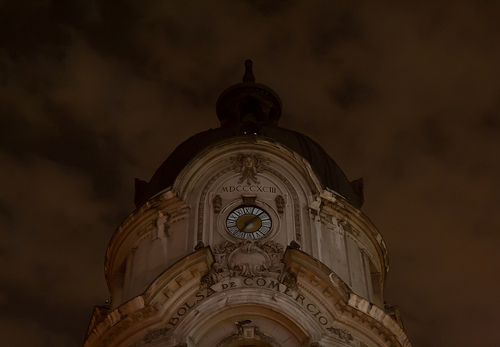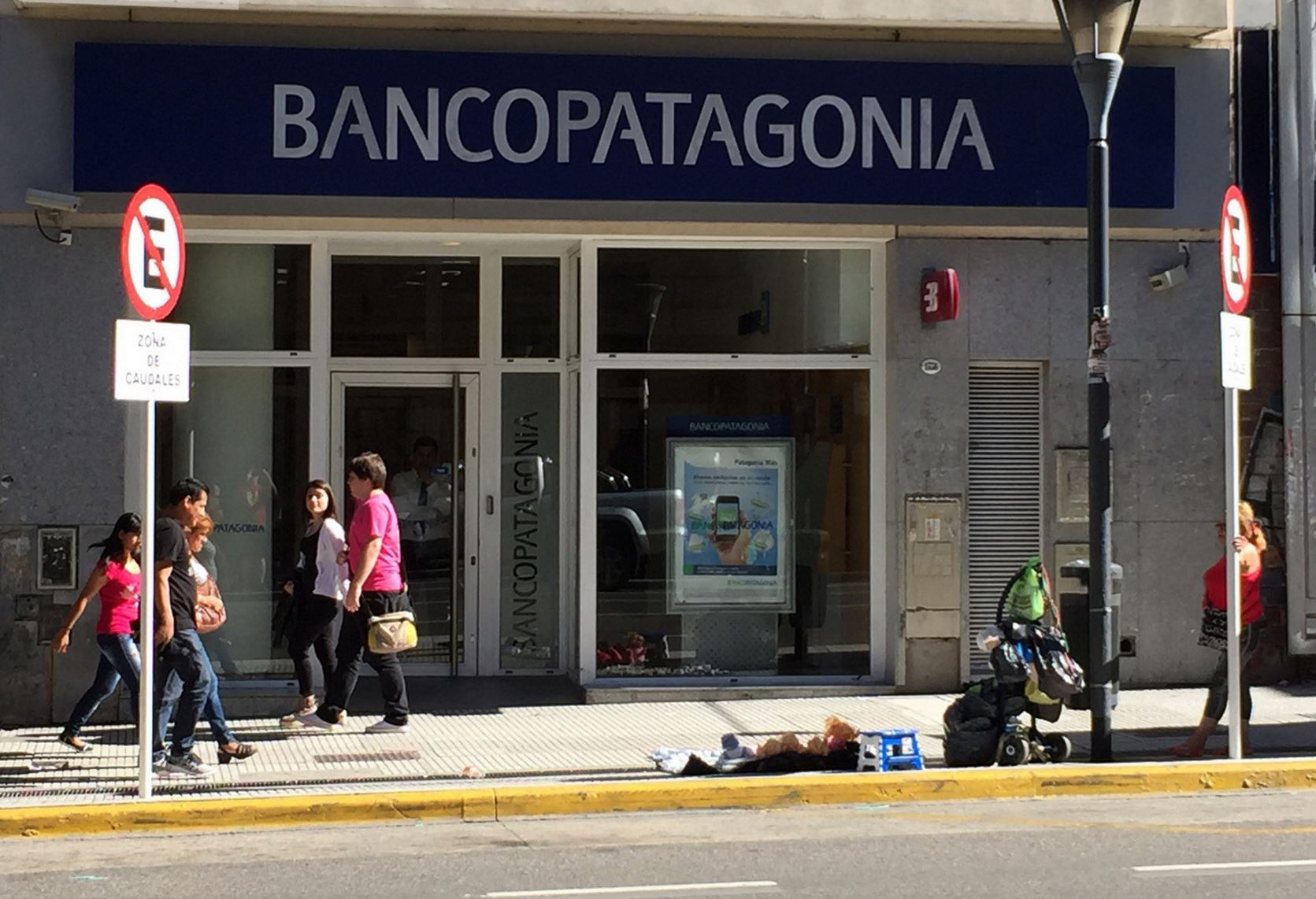Itaú Unibanco is celebrating 21 years of listing on the New York Stock Exchange (NYSE), the largest exchange by trading volume. To celebrate the date, Itaú received the honors at the traditional “closing bell” ceremony, which marks the conclusion of the trading day on the NYSE. At the event Candido Bracher, Chief Executive Officer of Itaú Unibanco; Eduardo Vassimon, General Director – Wholesale; Caio David, Executive Vice President, Chief Financial Officer (CFO) and Chief Risk Officer (CRO); Alexsandro Broedel, Executive Officer for Finance and Investor Relations; and Christian Egan, Executive Officer for Global Markets and Treasury as well as Roberto Setubal, Co-Chairman of the Board of Directors were present.
“The fact that we have shares traded on the New York Stock Exchange has contributed to the bank’s growth and made us better known around the world, helping us to expand the number of foreign investors among our shareholders. We are very satisfied with the results of these 21years of listing”, says Candido Bracher.
During this period, the shares of Itaú Unibanco (identified by the ITUB ticker symbol) have been turning in a consistent annual performance, appreciating on average by 16% (considering the reinvestment of dividends) and with a recurring return on equity of 24.4%. Over the period, US$ 32.7 billion has been distributed in dividends and Interest on Capital, net of income tax.
In the first quarter of 2018, Itaú’s shares recorded average daily trading amounts of, R$ 535.3 million (US$ 161.1 million) on the NYSE and R$ 724.7 million (US$ 218.0 million) on the Brazilian stock exchange, B3, and totaling R$ 1.3 billion (US$ 379.1 million). The total trade volume was 41.5% greater than the same period in 2017. On B3, growth was 68.7% and on the NYSE, 16.2%.
Pioneering spirit and appreciation
Unibanco was the first Brazilian bank to trade its shares on the New York Stock Exchange in 1997. Itaú launched its American Depositary Receipt (ADRs) program on the NYSE in 2002. Following the merger of Unibanco with Itaú in 2008, the shares of the two banks were unified.
Currently, 67% of the 3.2 billion preferred shares of Itaú Unibanco pertain to foreign investors, 38% trading on B3 and 29% on the NYSE. The remaining 33% belong to Brazilian nationals and were traded on B3. The numbers reflect shares in the free float, that is those free for negotiation in the market and excluding those shares in the hands of the controlling shareholders or held as treasury stock.
This performance is the outcome of a transparent agenda in the relationship of Itaú Unibanco with the capital markets started in 1996, with presentations in the United States and Europe for disclosing the bank’s corporate governance practices and for emphasizing its respect and consideration for its shareholders.
“The sustainability of any organization depends on how it interacts with its employees, clients, shareholders and society in general. For this reason, we run a far-reaching agenda of events and meetings for understanding investor requirements and to disclose the strategies and results of our businesses, based on clarity, transparency and on a long-term vision”, says Caio David.
Itaú Unibanco has 121 thousand direct shareholders and a further approximately 1 million indirect shareholders through participation in Brazilian investment and pension funds which hold the institution’s shares.
In the past three years, Itau contributed Value Add to the economy of R$ 189.4 billion (US$56.9 billion), distributed as remuneration to the employees (30%); taxes, charges and contributions (30%); profits and dividends to all shareholders (19%); reinvestments in the operations of the bank (19%) and rents (2%).
New Cycle
In September 2017, the bank changed the maximum limit for payment of Dividends and Interest on Capital, and previously set at 45% excluding share buybacks, introducing a payout (percentage of net profit distributed to the shareholder) of 83% (including buyback of its own shares). In the light of the new remuneration practices, Itaú’s shares have now also become attractive to investment and pension funds where the strategy is to prioritize assets with higher levels of payout and efficient capital management.
In 2017, the bank distributed US$ 5.3 billion in dividends and interest on capital, the result of a recurring net income of US$ 7.5 billion.



 By Fórmate a Fondo
By Fórmate a Fondo